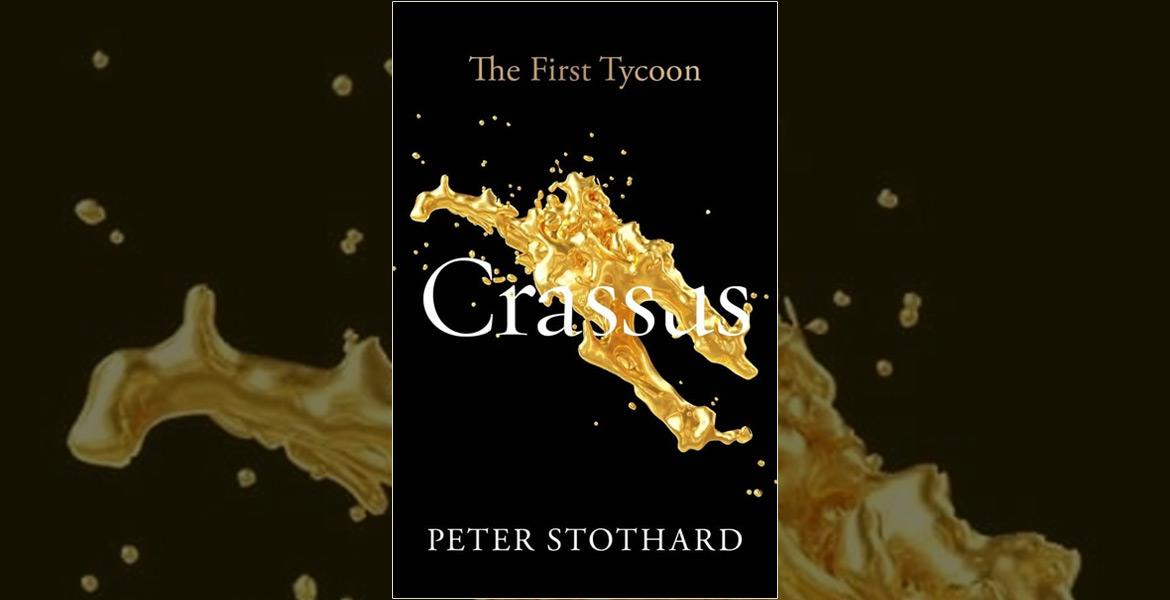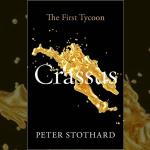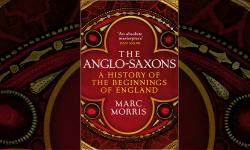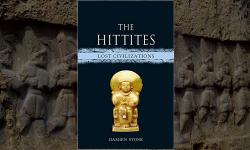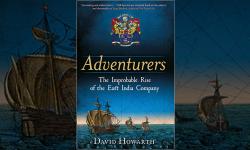Peter Stothard, Crassus
Peter Stothard's Crassus is a new biography written for Yale University Press's Ancient Lives series, which aims to prove that the lives of ancient thinkers, rulers, warriors, and politicians are still relevant today. In this series, the subjects are intended to become ‘figures in fully human dimensions, complete with foibles and flaws, and [the reader] will see that the issues they faced—political conflicts, constraints based in gender or race, tensions between the private and public self—have changed very little over the course of millenniaThousands of years..’ Yale University Press, https://yalebooks.yale.edu/books/series/ancient-lives/ Given the turmoil in the world economy, there might perhaps be no more fitting life for such a series than Crassus.
Yale University Press, https://yalebooks.yale.edu/books/series/ancient-lives/ Given the turmoil in the world economy, there might perhaps be no more fitting life for such a series than Crassus.
Since the days of Plutarch, if not before, Marcus Licinius Crassus has been viewed as the ultimate exemplar of folly and dishonesty in the super-rich. The financier of Rome's Late RepublicA time in ancient Rome lasting from about 150BCE until the assumption of power by Octavian in 30BCE. It covers a period when the foundations of the Republic became more shaky, with 'great men' achieving dominance and often ignoring the laws and traditions of the Senate., member of the unofficial TriumvirateA political regime dominated by three powerful individuals. with Caesar and Pompey, and suppressor of Spartacus's rebellion, he is perhaps best remembered as the loser at Carrhae when – after watching his son's untimely death – he has his own head removed from his body, later (according to rumour) to be used as a prop in a Greek play. It is a well-known story and therefore a difficult challenge to breathe new life into this long-dead man – doubly so when the main sources of information are almost unerringly hostile.
Yet Stothard's book is clever. In a manner much befitting a subject whose head ended as a stage prop in a Greek tragedy, this story of Crassus is told as if it were an ancient Greek play. It has all the necessary elements: the harmatia of the protagonist – that fatal flaw in someone otherwise favoured by fortune; the hubris and nemesis; that peripeteia when realization dawns that retreat and defeat are the only option; and heaps of dramatic irony as the audience watches how each chapter or 'scene', each stage in Crassus's life leads to this one conclusion. Aristotle would be proud.
It might, however, be a bit too clever for its own good. It was only on the second reading that I noticed all the similarities between the structure and style of this book and of an Aristotelian tragedy and began really to appreciate it as such. The scenes that are the highlights of each chapter can spring to life with tension and drama, the text can be vivid and witty, with plenty of subtle commentary to give it the immediacy that the Yale series requires. Many of the one-liners are sharp and eminently quotable. Yet the ‘filler’ can be missing between these scenes: it is not narrativeA story; in the writing of history it usually describes an approach that favours story over analysis. history of the likes of Tom Holland and is not, therefore, such an easy read, while the arrangement and focus of the chapters can lead to some glaring examples of repetition.
Despite this, it really is worth persevering. Crassus provides a new and interesting way of presenting this usually two-dimensional man. It educates and makes a point. It gives an insight into the human condition, as well as into the timeless complexities of, and interactions between, money, power, and international politics. It succeeds in everything it aims to achieve. Above all, it proves that Crassus's life was, in fact, a real-world, Roman version of a Greek tragedy.
- Log in to post comments


